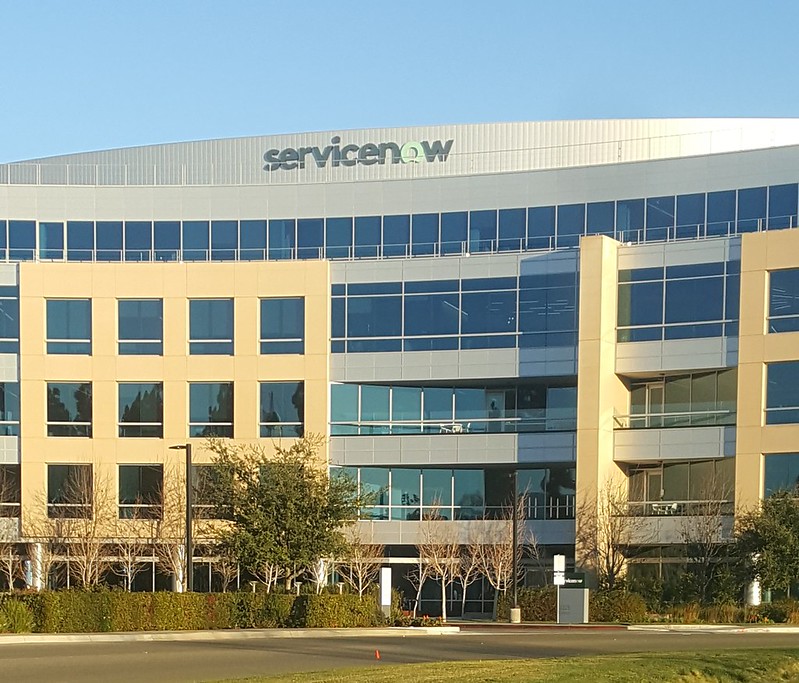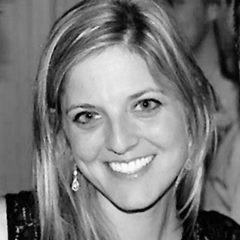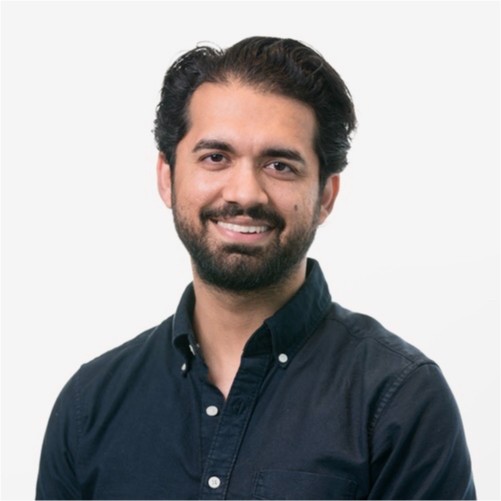Thursday, November 3 – 595th 1Mby1M Mentoring Roundtable for Entrepreneurs

Entrepreneurs are invited to the 595th FREE online 1Mby1M Mentoring Roundtable on Thursday, November 3, 2022, at 8 a.m. PDT/11 a.m. EDT/5 p.m. CEST/8:30 p.m. India IST.
If you are a serious entrepreneur, register to “pitch” and sell your business idea. You’ll receive straightforward feedback, advice on next steps, and answers to any of your questions. Others can register to “attend” to watch, learn, and interact through the online chat.
You can learn more here and REGISTER TO PITCH OR ATTEND HERE. Register and you will receive the recording by email, even if you are unable to attend. Please share with any entrepreneurs in your circle who may be interested. All are welcome!
Featured Videos
November Udemy Coupons for Tech Startup Courses Based on 1Mby1M Methodology

Through the years, we have developed a proven methodology for building tech startups. We have started packaging the 1Mby1M methodology into short courses on Udemy. This is an extension of our strategy to democratize entrepreneurship education at scale, globally.
Here are the $12.99 coupon codes for all of our courses on Udemy. These coupons expire on November 30, 2022, so enroll today!
Bootstrapping:
Bootstrap First, Raise Money Later with Sramana Mitra: TRY1MBY1MNOV2022BTS
Bootstrapping a Startup with a Paycheck with Sramana Mitra: TRY1MBY1MNOV2022PAY
Bootstrapping a Startup with Services with Sramana Mitra: TRY1MBY1MNOV2022SVC
How to Bootstrap Startups by Piggybacking with Sramana Mitra: TRY1MBY1MNOV2022PIG
How to Bootstrap a Startup to Exit with Sramana Mitra: TRY1MBY1MNOV2022EXT
How To Succeed As A Solo Entrepreneur with Sramana Mitra: TRY1MBY1MNOV2022SOL
Cloud Stocks: Analysis of ServiceNow’s Era Software Acquisition

According to a recent report, the global IT Service Management applications market grew 21.9% to nearly $7.7 billion in 2021. ServiceNow remained the market leader with a 40.1% market share. The researcher estimates the market to grow 3% annually to $9 billion by 2026. ServiceNow (NYSE:NOW) recently reported its strong quarterly performance.
>>>Video FAQs
Can 1M/1M Help Me Raise Money?
How Does 1M/1M Democratize Entrepreneurship Education?
How Does 1M/1M Democratize Management Consulting?
When Is The Right Time To Join 1M/1M?
Can 1M/1M Help Me With Business Development?
Can 1M/1M Help Me With Market Sizing?
Can 1M/1M Help Me Validate My Product?
Will I Have Private 1-on-1 Sessions In 1M/1M?
How Does 1M/1M Help Entrepreneurs Connect With Silicon Valley?
Mentoring or Consulting?
Why Does 1M/1M Charge $1000 a Year?
Why Does 1M/1M Partner With Local Organizations?
Why Don\’t Mentoring Networks Work?
Why Is It Important To Study With 1M/1M Now?
Dan Stewart Story
Vikrant Mathur Story
Thought Leader in Financial Technology: DealMaker CEO Rebecca Kacaba (Part 1)

Equity Crowdfunding is evolving. This conversation highlights some of the trends.
Sramana Mitra: Let’s start by introducing our audience to yourself as well as to DealMaker.
Rebecca Kacaba: I was a capital market attorney for over a decade before founding DealMaker. The idea for DealMaker was born out of the problems my clients were having in trying to raise capital. It was too expensive and it was taking too long. I wanted to solve these problems for them.
>>>Thought Leaders in Financial Technology: Sankaet Pathak, CEO of Synapse (Part 2)
Sramana Mitra: You are talking about US accounts for Indian residents?
Sankaet Pathak: Yes. Their thought process stops there. They’re more focused on how much money leaves India versus what other obligations come as a function of it. Primarily, US regulators are still more relevant.
Sramana Mitra: Interesting. At some level, I feel like you might get some traction if you offer your services to Indian banks that want to provide it to their customers.
>>>Best of Bootstrapping: Co-founders Bootstrapped to $10M

If you haven’t already, please study our Bootstrapping Course and Investor Introductions page.
In 2020, Coalition Technologies was still largely a services company, but also had a few products. Co-founder Jordan Brannon shared the company’s well-managed journey.
Sramana Mitra: Let’s start at the very beginning of your journey. Where are you from? Where were you born, raised, and in what kind of background?
Jordan Brannon: I was born in Sioux Falls, South Dakota. I grew up primarily in Washington state in a smaller community. It’s about an hour and a half south of Seattle. I have three brothers and we largely stuck to the northwest throughout my childhood.
Cloud Stocks: Analysis of Microsoft’s EduBrite Acquisition

The macroeconomic uncertainty is hurting big tech. Microsoft (Nasdaq: MSFT) recently announced its quarterly results that delivered the slowest revenue growth in the last five years. It failed to meet market expectations for the quarter driven by lower consumer and business spending.
>>>Thought Leaders in Financial Technology: Sankaet Pathak, CEO of Synapse (Part 1)

Sankaet is building interesting infrastructure products for FinTech. Lots of insights, also, on open opportunities within the field for new entrepreneurs to latch onto.
Sramana Mitra: Let’s start by introducing our audience to yourself as well as to Synapse.
Sankaet Pathak: I’m the Founder and CEO of Synapse. If you haven’t heard of Synapse, we are what’s considered a Banking-as-a-Service provider based in San Francisco.
>>>